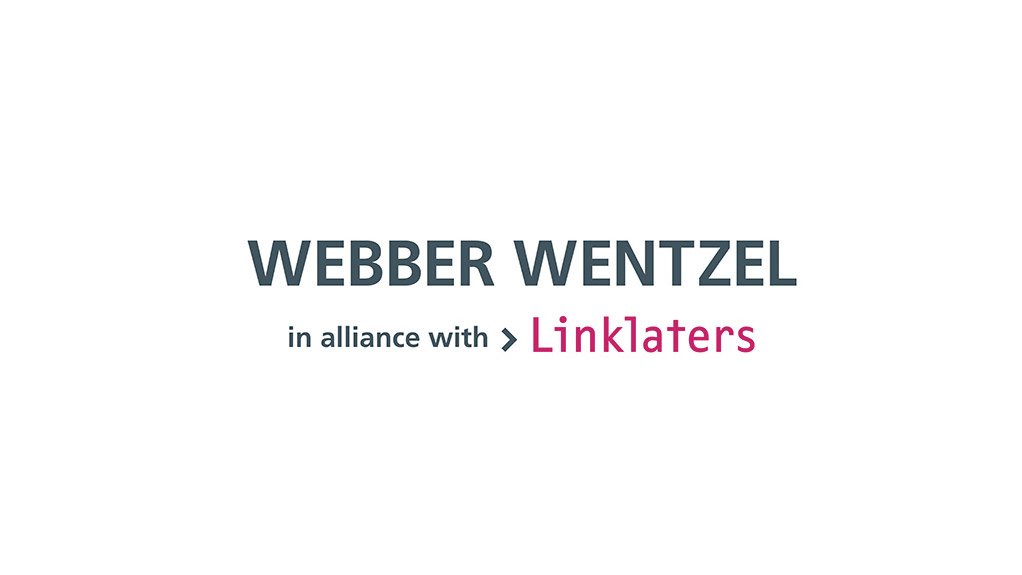While the Covid-19 pandemic has had a clear impact on some of the private equity firms’ fundraising timelines and targets, this was partly offset by increased development finance institutions’ (DFI) activity, which meant that the private equity sector was in general resilient in 2021. We expect that DFIs will continue to have a meaningful impact on the PE landscape in 2022 and beyond, as they take a longer-term view than the private sector firms.
Recent surveys conducted by the African Private Equity and Venture Capital Association (AVCA) and the Southern African Venture Capital and Private Equity Association (SAVCA) show that although there was initial slowdown in fundraising in 2020, private equity activity is picking up and is expected to accelerate further in 2022.
The SAVCA survey showed there was a 22.1% decrease in the total value of funds raised in South Africa in 2020 compared with 2019, but the figure was still higher than in 2016-2018, which was encouraging. Activity was mainly driven by pension and endowment funds within South Africa, with 27% emanating from Europe and the UK.
The AVCA survey, which examined activity in the first half of 2021, showed the total value of PE deals reported in Africa was $2.1-billion, against $3.3 billion for the whole of 2020. The most active sectors in this period were financials, consumer discretionary, industrials and information technology.
The resilience of the sector has also been helped by existing strong relationships between general and limited partners. These existing relationships were not affected by restricted travel and inability to hold face-to-face meetings.
One of the changes we expect to see in the sector as a result of Covid-19 is that PE managers may opt for longer term funds, possibly with a tenure of ten years or longer, or even permanent capital vehicles, which give managers a longer period to ride out volatility. The sector is likely to see more blended finance, where private sector risk is mitigated and expanded by blending it with government and philanthropic funding.
Some of the most active sectors in Africa for private equity post-Covid are likely to include healthcare, as the pandemic highlighted the need for investment in affordable healthcare. Already this sector has attracted a number of significant PE deals by value, and this is likely to continue. Other sectors which provide essential services, such as affordable housing or food security, are also likely to attract funding.
Fintech is front of mind for fund managers across Africa, as technology has the potential to enhance all other sectors: it is able to contribute to reducing costs, improving productivity, overcoming borders and managing waste.
Environmental, social and governance (ESG) factors are central to PE investment in 2022 and beyond. ESG is seen as vital for value creation, and there has been a particular focus on good governance and inclusivity. The pandemic has demonstrated the need for improved logistics and infrastructure, particularly regional infrastructure, across Africa, and we expect these areas will receive attention.
Many of these sectors, which offer growth into the future, also offer the potential for exit, which is important for PE investors. The AVCA survey showed that 16 exits were reported from PE investments in Africa in the first half of 2021, which compares with 30 for the whole of 2020 and 44 in 2019. Most of the purchasers of these businesses were trade buyers. Where there are clear exit opportunities, it will encourage greater investment by a range of PE players.
Written by Michael Denenga, a Partner at Webber Wentzel
EMAIL THIS ARTICLE SAVE THIS ARTICLE ARTICLE ENQUIRY
To subscribe email subscriptions@creamermedia.co.za or click here
To advertise email advertising@creamermedia.co.za or click here











